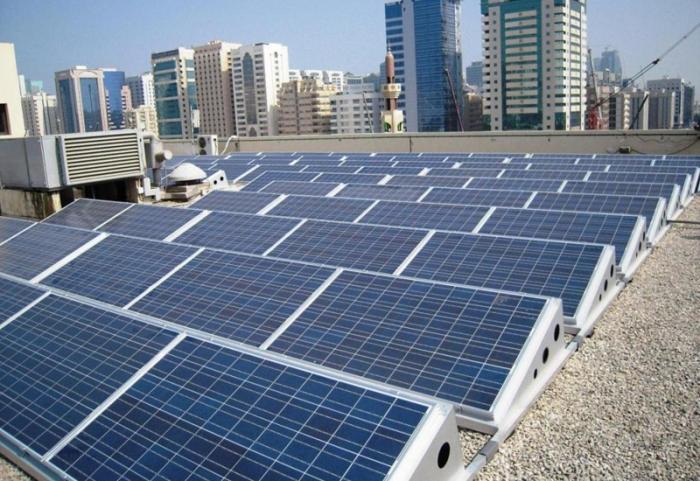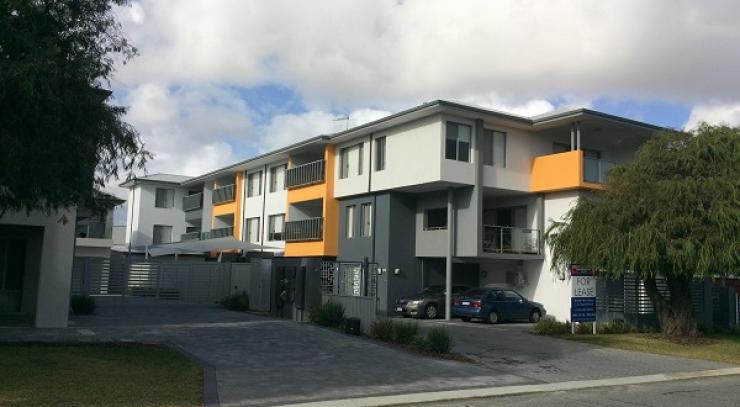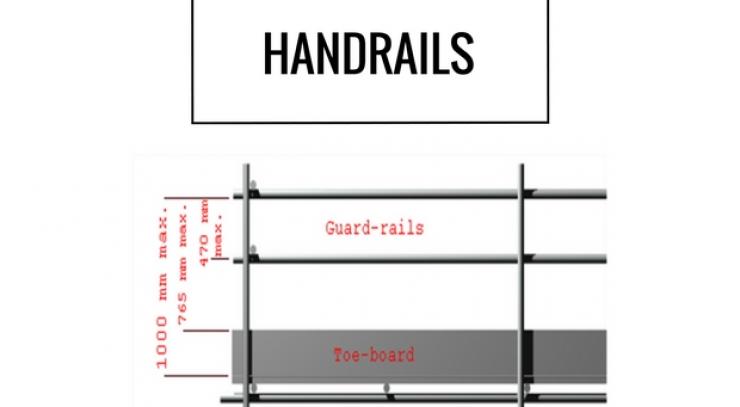In today's world, the importance of sustainable energy sources cannot be overstated. As businesses strive to reduce their carbon footprint and embrace cleaner energy solutions, commercial solar panel installation has emerged as a practical and eco-friendly choice. Solar power not only helps companies cut their energy bills but also contributes to a greener and more sustainable future. In this comprehensive guide, we'll explore the ins and outs of commercial solar panel installation, covering key considerations, benefits, and the steps involved in making the switch to solar energy for your commercial establishment.

commercial solar panel installation
Understanding the Benefits of Commercial Solar Panels
Before diving into the nitty-gritty of commercial solar panel installation, let's first examine the compelling advantages that make this renewable energy source a smart choice for businesses of all sizes.
1.1 Cost Savings and Financial Benefits
One of the most significant incentives for businesses to invest in commercial solar panels is the potential for substantial cost savings. Solar energy can significantly reduce your electricity bills, and in some cases, businesses can even generate excess power and sell it back to the grid, creating an additional revenue stream.
Many governments and municipalities also offer financial incentives and tax credits to encourage businesses to adopt solar energy. These incentives can help offset the initial installation costs and improve the return on investment (ROI) for commercial solar panel systems. Additionally, the depreciation benefits of solar panels can lead to tax savings, further enhancing the financial advantages.
1.2 Environmental Sustainability
Commercial solar panel installation is an eco-friendly choice that can significantly reduce your company's carbon footprint. By harnessing the power of the sun, businesses can decrease their reliance on fossil fuels, which are a major contributor to greenhouse gas emissions and climate change.
Solar energy is clean and renewable, and its production doesn't release harmful pollutants or greenhouse gases. By going solar, businesses can demonstrate their commitment to environmental sustainability, which can improve their reputation, attract environmentally conscious customers, and meet sustainability goals.
1.3 Energy Independence and Stability
Reliable access to electricity is critical for businesses to operate smoothly. Commercial solar panel installation provides a degree of energy independence by reducing your reliance on the grid. This can be especially valuable during power outages or grid disruptions, as solar panels can continue generating power as long as the sun is shining.
Furthermore, solar energy prices are relatively stable compared to the volatile energy costs associated with fossil fuels. By generating your electricity on-site, your business can mitigate the impact of fluctuating energy prices, providing greater financial stability and predictability.
Key Considerations for Commercial Solar Panel Installation
Now that we've explored the benefits, let's delve into the essential considerations that businesses should keep in mind when contemplating commercial solar panel installation.
2.1 Site Assessment and Feasibility
The first step in the installation process is conducting a thorough site assessment to determine if your commercial property is suitable for solar panels. Factors such as the location, orientation, and shading of your building will impact the system's performance.
A qualified solar installer will assess these factors and provide you with a feasibility report. They will also consider your energy consumption patterns to design a solar panel system that meets your specific needs.
2.2 System Design and Sizing
The design of your commercial solar panel system is crucial to its efficiency and effectiveness. Solar panels must be sized appropriately to generate the required amount of electricity. A system that is too small may not meet your energy demands, while an oversized system could lead to unnecessary costs.
Solar installers use software and simulations to optimize the system's design, taking into account factors like the angle and tilt of the panels, the type of solar panels and inverters to be used, and the expected energy production.
2.3 Financing Options and Incentives
Determining how to finance your commercial solar panel installation is a significant decision. There are several financing options available, including:
2.3.1 Purchase: Businesses can buy the solar panel system outright, benefiting from long-term savings and potential tax incentives.
2.3.2 Leasing: Leasing allows businesses to install solar panels with little to no upfront costs. While this option provides immediate savings on energy bills, it may have long-term limitations compared to ownership.
2.3.3 Power Purchase Agreements (PPAs): With a PPA, a third-party provider installs and maintains the solar panels on your property, and you purchase the electricity generated at a predetermined rate. PPAs can offer fixed energy costs and minimal upfront expenses.
It's essential to research and compare these financing options to choose the one that aligns with your financial goals and budget.
The Commercial Solar Panel Installation Process
Now that you have a solid understanding of the benefits and considerations, let's outline the steps involved in the actual commercial solar panel installation process.
3.1 Project Planning and Permits
The installation process begins with detailed project planning. This includes obtaining the necessary permits and approvals from local authorities and utility companies. Your solar installer will handle most of this paperwork, ensuring compliance with local regulations and grid connection requirements.
3.2 Installation and Mounting
Once the permits are secured, the installation team will start mounting the solar panels on your commercial property's roof or ground. The panels are strategically placed to maximize sun exposure throughout the day. High-quality mounting equipment is used to secure the panels in place, ensuring stability and durability.
3.3 Electrical Wiring and Connection
The next step involves connecting the solar panels to your commercial property's electrical system. This includes wiring the panels to inverters, which convert the DC electricity generated by the panels into AC electricity usable by your business. The system will also be equipped with meters to monitor energy production and consumption.
3.4 Grid Connection (Net Metering)
In many cases, commercial solar panel systems are connected to the grid through a process known as net metering. Excess energy generated by your system is fed back into the grid, and you receive credit for this surplus energy. During periods when your solar panels are not producing enough electricity (e.g., at night), you can draw power from the grid.
3.5 System Testing and Commissioning
Before your commercial solar panel system is officially operational, it undergoes rigorous testing and commissioning. This ensures that all components are functioning correctly and that the system is generating the expected amount of electricity. Any issues or adjustments are addressed during this phase to guarantee optimal performance.
3.6 Maintenance and Monitoring
Once your commercial solar panel system is up and running, regular maintenance and monitoring are essential to maximize its lifespan and efficiency. This typically involves cleaning the panels, inspecting the electrical components, and addressing any potential issues promptly. Many solar installers offer maintenance packages to simplify this ongoing responsibility.
Embrace a Sustainable Future with Commercial Solar Panel Installation
Commercial solar panel installation offers a wide range of benefits, from significant cost savings to environmental sustainability and energy independence. By carefully considering the key factors and following the installation process, businesses can make a seamless transition to clean, renewable solar energy. As the world continues to prioritize sustainability, commercial solar panels represent a forward-thinking investment that not only benefits your bottom line but also contributes to a brighter, greener future for all. So, take the first step towards harnessing the power of the sun and secure a sustainable energy source for your commercial establishment today.
















